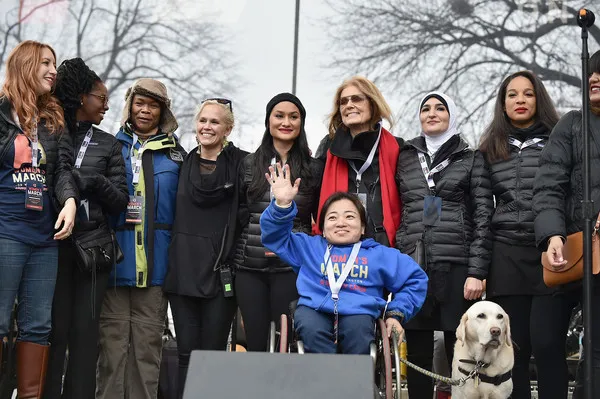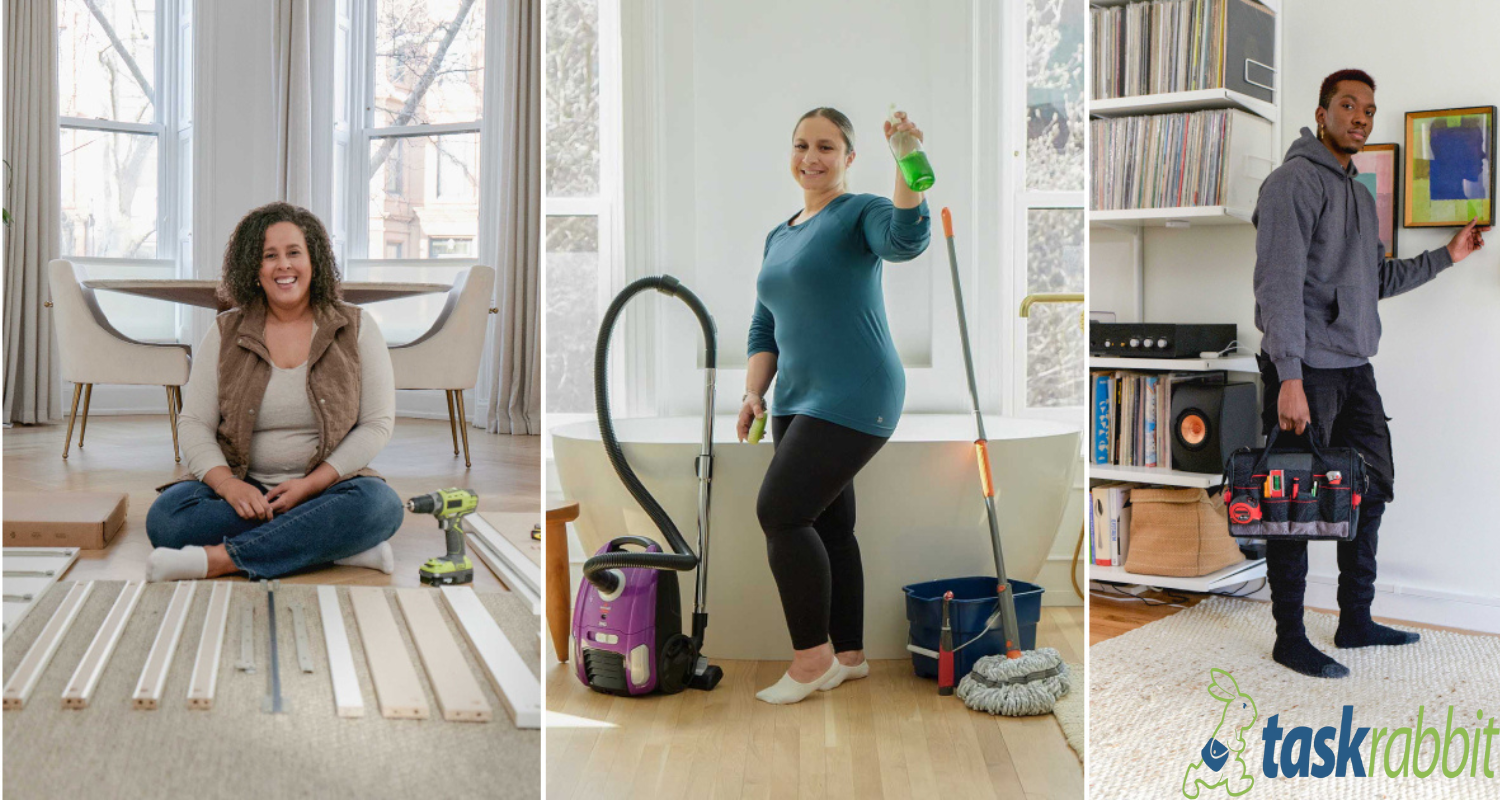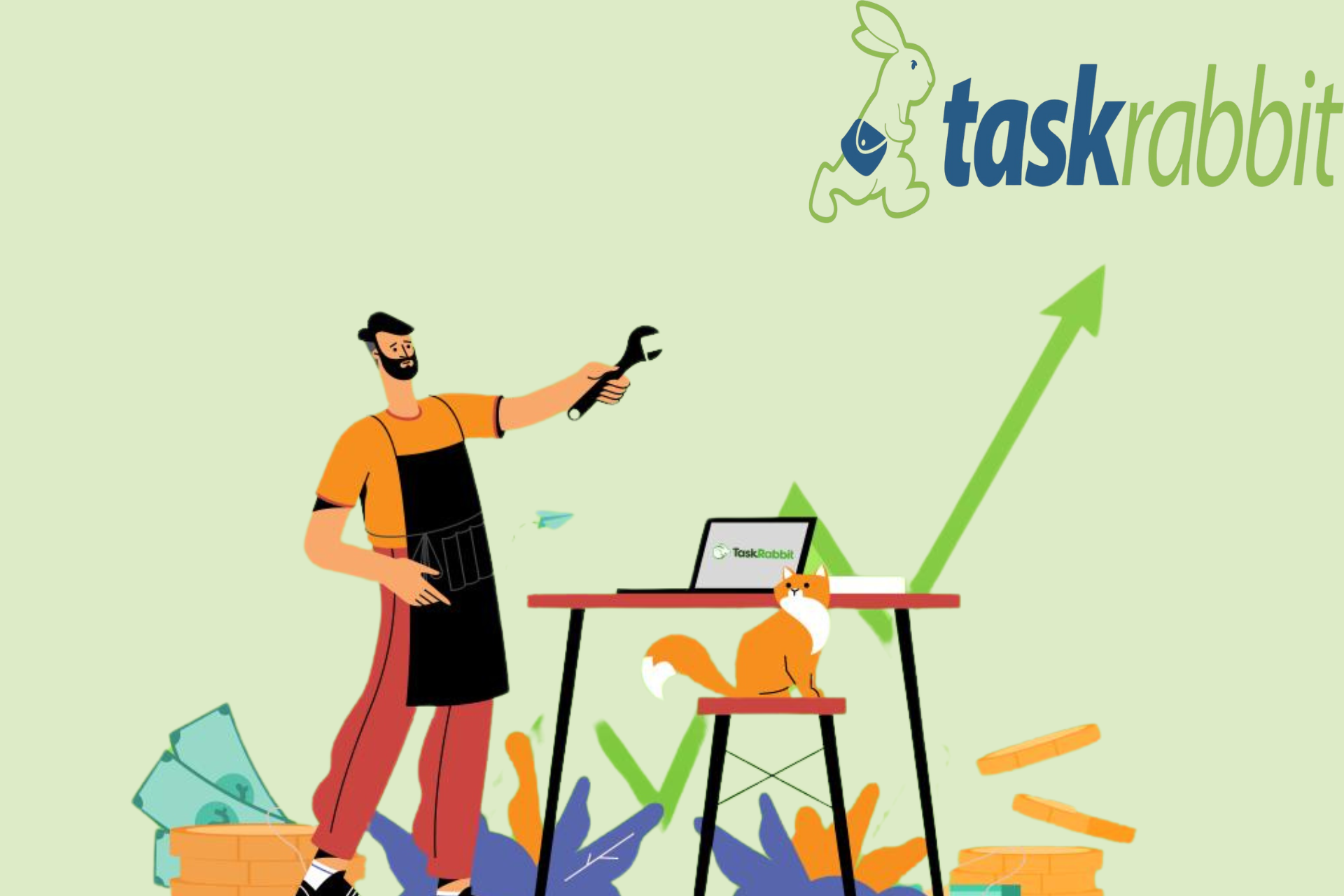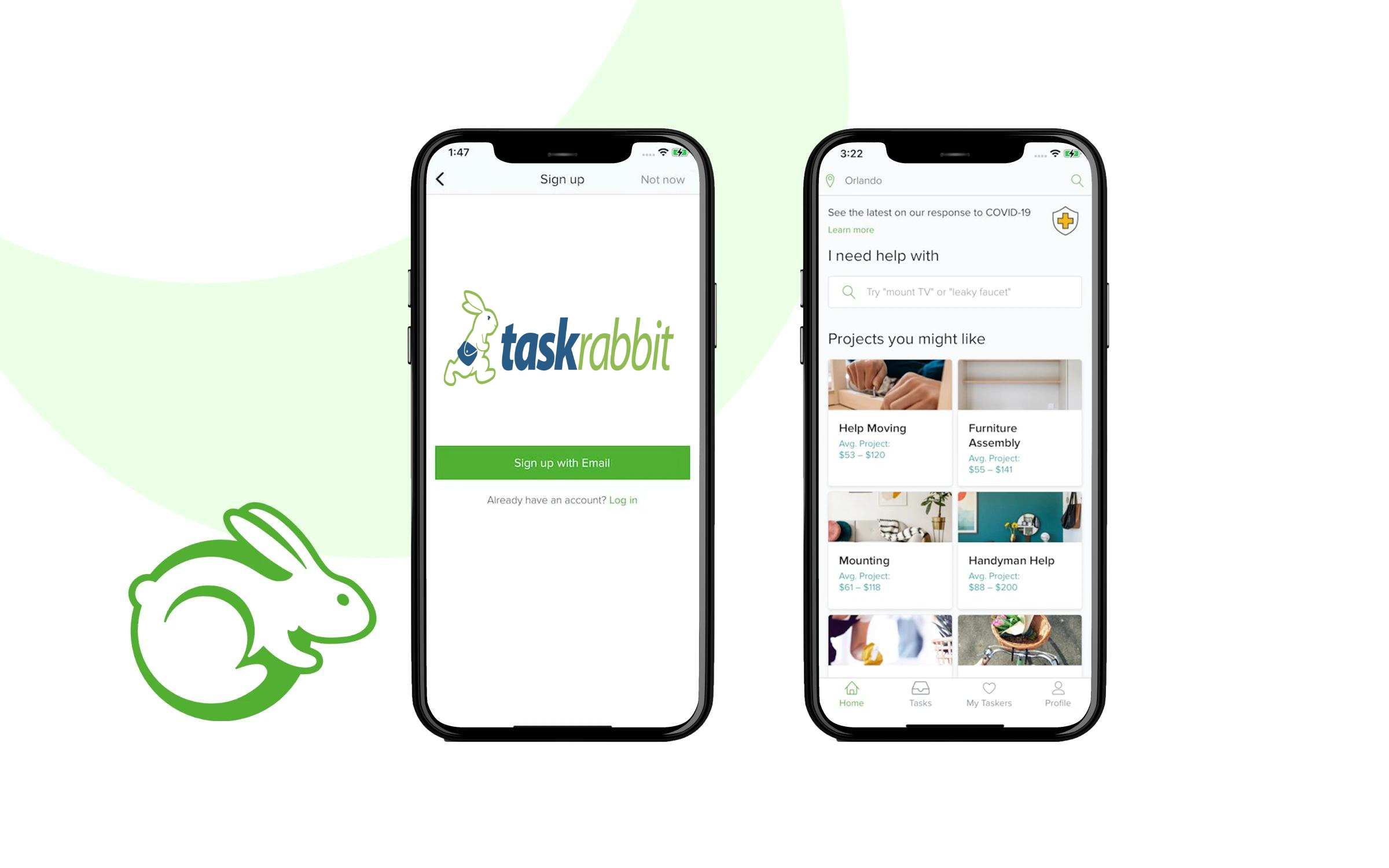Activist Mia Ives-Rublee On Being A Leader In The Movement For Disability Rights
The first women’s March which took place on January 21 2017. Many people came together both domestically and globally. One of the most important modern female groups emerged from an idea activists and those upset by Donald Trump’s victory had. This idea emphasized the need for increasing discussion on intersectionality and feminism.
While other organizations and groups joined the march quickly one activist took the lead to ensure the community of people with disabilities was correctly highlighted. Leading the Women’s March Disability Caucus was Mia Ives-Rublee.
She managed the supply of accessibility services for people with disabilities. She ensured everyone’s participation in the Women’s March whether disabled or not. Mia’s participation in the 2017 Women’s March on Washington gave her a spot as one of Glamour Magazine’s Women of the Year.
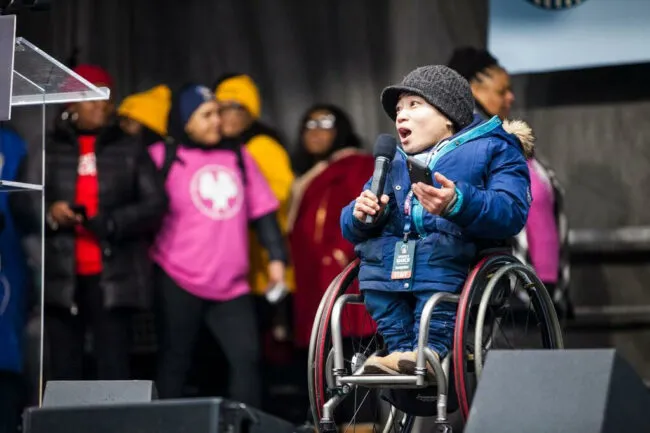
You can learn more about her if you are unfamiliar with the rest of her journey and work. Being a handicapped transracial adoptee Mia has devoted her whole life to civil rights advocacy. At the beginning of her adapted athlete journey she participated internationally in track road racing fencing and CrossFit. She was awarded with the degree in master of social jobs.
she started working with disabled people and helped them find jobs and independence in their communities. In the UNC-Chapel Hill Department of Emergency Medicine she worked as a research assistant. She has given speeches worldwide on social justice concerts which help everyone to participate fully in every part of society.
We talked about this amazing activist journey and why working for disability rights is so crucial for her. Mia Ives-Rublee and the Women’s March founders on stage. She told us about growing up as a transracial adoptee in Greensboro North Carolina. Share how your identity was shaped from an early age due to this experience.
I felt alone being a transracial adoptee who grew up in North Carolina. There were few Asian Americans in my schools but none were in my neighborhood. Asian Americans were mainly enrolled in ESL courses. I don't have anyone who would help me or whom I can seek advice from just because my parents have no Asian American friends.
I was bullied when I tried to talk with Asian Americans so I get scared when I engage with them. At the closeby church I went to learn Korean language classes. Just because I am unfamiliar with any Korean I was sent to the class which was full of white people.
Some people looked at me strangely for not knowing Korean while some youngersters inquired why I was sent to “white people class”. I dropped out of school and until I reached college I did not put any effort into figuring out my identity. I met a cheerful girl in acting class who helped me to gain my identity. She was the first person who used humor in dealing with my problems.
What new perspective did a trip to the 1996 Paralympics instill in your mind regarding your life as a person born with disabilities?
My journey as an athlete began with the 1996 Paralympic Games in Atlanta through the medium of athletics. My uncle was a competitor for the US Paralympic football team and he received tickets for the opening ceremony and his games for the entire family. I mean I still clearly recall how startled I was to see all these disabled individuals in Atlanta who were simply there to participate in the games and celebrate.
I am a person with disability otherwise I would be person’s-first language. My journey as an athlete began with the 1996 Paralympic Games in Atlanta through the medium of athletics. My uncle was a competitor for the US Paralympic football team. He received tickets for the opening ceremony and his games for the entire family. I mean I still clearly remember how startled I was to see all these disabled individuals in Atlanta who were simply there to participate.
For the first time in my life I saw disability being treated positively. People who are disabled or may have serious health problems constantly tell you that you are not able to do particular things. That year the Paralympic light needed to be fired because it was my soul’s light.
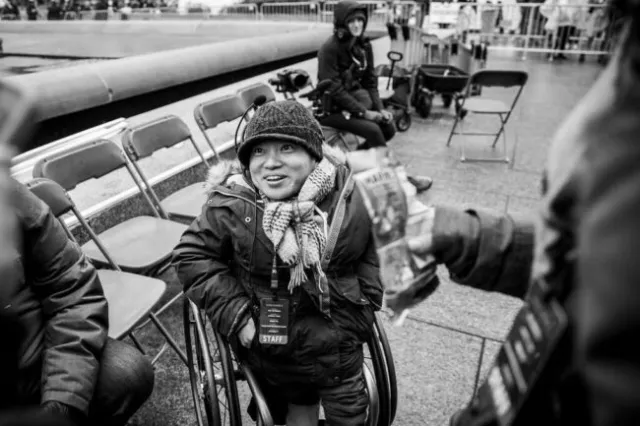
It started a fire inside of me that hasn’t faded till now. It just motivates me to keep going beyond the boundaries that others first set and to keep exploring new ways to achieve what I want.
Why did you decide to pursue adaptive athletics and what were some of the events you competed in?
One who only wants better results and greater competition. My first English words were “I do it myself” according to my parents which describes me perfectly. I threw myself into the wheelchair track as soon as my parents agreed I could. I loved the chance to see what my body was capable of.
I get feelings like that when all you do is push and push yourself until you burst through a quasi-energy wall. I am a kind of an endorphin junkie. I enjoy feeling tired after completing a task and noticing my progress. I learned how to create goals from sports and I enjoyed regularly falling at them. No I can’t do this again. But instead ask the question when can I do this?
The range of sports in which I was involved is huge. I participated in adapted CrossFit wheelchair basketball wheelchair fencing wheelchair track road racing field and swimming. I completed internationally in fencing CrossFit and wheelchair track. Additionally activism and politics are also important for you after graduation and increased exposure to coaching and teaching.
Why was this such an essential part of your process?
During my time in college I participated in some campus activities. College life was great. I had a lot of things I wanted to do. This included socially engaged theatre. We wrote skits for this type of theatre. Presented them on stage. Discussed social themes with the audience afterward. As a member of the student leadership team I spoke up about safety concerns on campus and supported the removal of racist mascots.
I took part in my first-ever march in support of migrant workers’ labor rights. In addition I looked after people with disabilities through GoFundMe run by Mia Ives-Rublee. I pursued a Master's degree in Social Work in graduate school giving back to my community by helping people find job opportunities. I have always been aware of social issues.
I fully understood how policies affected people's lives when I worked with clients. They kept coming back for services due to threats created by the rules in place. I declared after the sixth year that I was unable to sit in an office and observe the ongoing arrival and departure of clients. It was my first time conducting research.
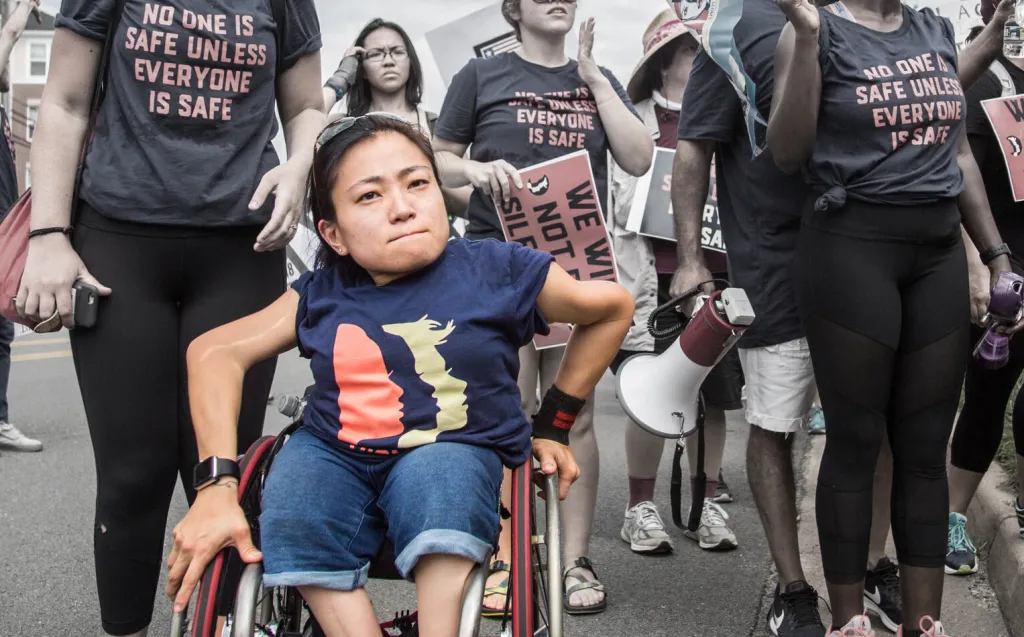
I quickly concluded that academic research was not made for me. Our study took a long time to complete and I regularly asked if most of it could be used so that people's lives could be improved. When Trump was elected I was still trying to think of a plan of action. I promised myself that I would be able to get much more involved in politics the day after the election. This determination finally helped me to do the work which i do now.
